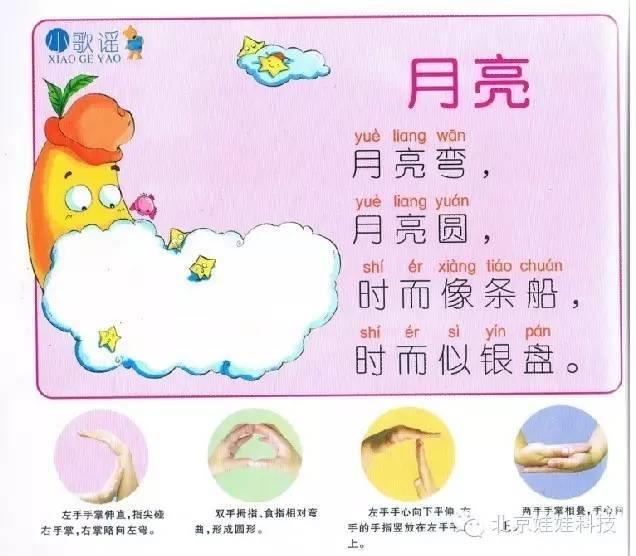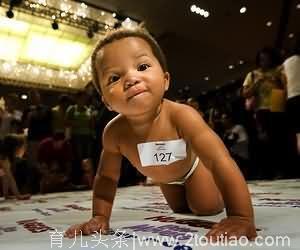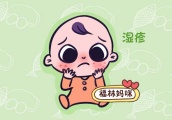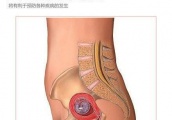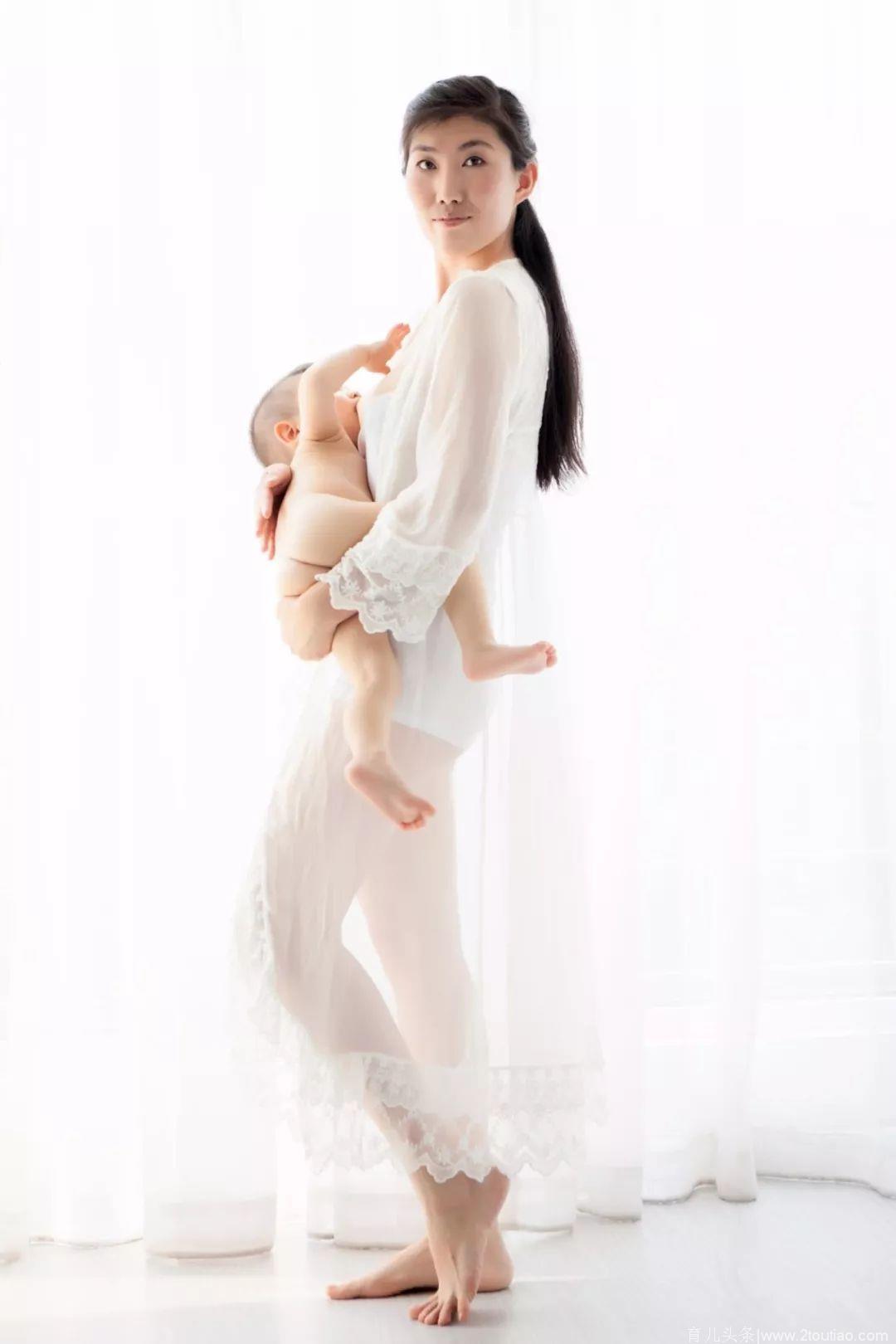
Is my breastfed baby constipated? Does he need a laxative? He is three months old and has bowel movements only every three days.
我的宝宝便秘吗?他是否需要通便剂?他三个月了,但是他三天才拉一次大便。
While the amount and frequency of a breastfed baby's wet diapers and bowel movements can be a valuable indicator of his well-being there is a wide range of normal in infant stooling patterns.
母乳喂养的宝宝的大小便量及频率是他生长发育的一个很有价值的信号,但这个正常的范围是很宽泛的。
The First Few Days of Life
初生的那几天
In the first two or three days of life, it would be typical for a baby to wet only one or two diapers per day. As the mother's milk increases, his urine output will increase markedly. Newborns in the first few days after birth will pass dark, tarry stools called meconium, the substance he has stored since before birth. As the baby receives milk, it clears the meconium out of the intestinal tract, so that within a few days the stools will become softer and much lighter in color. The stools are normally yellow, yellow-green or tan. It's not abnormal for an occasional stool to be green. The odor should be mild, and not particularly unpleasant. The consistency may be described as being similar to scrambled eggs, custard, pea soup, or even prepared mustard. There are often small, seedy-looking solid particles in the stool.
初生的2~3天,对一个宝宝来说,典型的情况是每天只换1到2次尿布。随着妈妈母乳的增加,宝宝的尿量也会显著增加。新生儿在出生后的几天中会排出胎儿时期积蓄在体内的、黑色的、柏油状的大便,叫做胎便。当宝宝开始吃母乳后,母乳会把胎便清除出肠,所以几天以后宝宝的大便会变得柔软,颜色也会变浅。宝宝的大便通常是黄色的、黄绿色的或黄褐色的。偶尔大便呈绿色时也并非异常现象。大便的味道很温和,不会非常难闻。大便的浓度接近搅拌后的鸡蛋、蛋羹、豌豆汤或者调制好的芥末酱。在宝宝的大便中经常会出现小的种子状的颗粒。
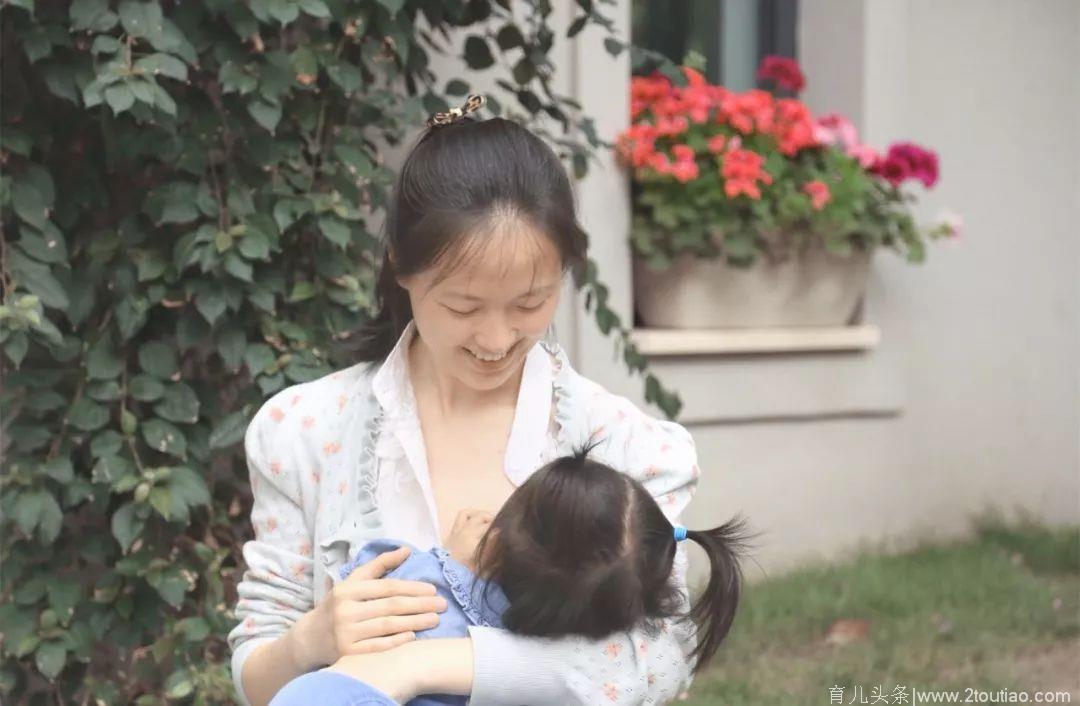
The First Six Weeks
初生的6周
Most babies, after the first few days, have two to five bowel movements every 24 hours, until they are about six weeks old. The stools should be as large as a US quarter to "count" in this number. Some babies will have more frequent bowel movements, and it is possible for a healthy baby to have fewer bowel movements. If a baby younger than six weeks has fewer than two bowel movements a day, that can still be a variation of normal provided that the baby has an adequate number of wet diapers, is known to be gaining weight at an adequate rate, and the stools produced are substantial in volume. After the first few days, a breastfed baby should have at least six to eight wet cloth diapers, or five to six disposables, in 24 hours. To gauge the wetness, pour 2-4 tablespoons (30-60 ml) of water on a dry diaper. This is how the normally wet diaper of a young baby feels. It is easier to judge wetness in cloth diapers. If you are using disposables, know that there is a wide variation in brands and types. One brand may not "feel wet" while another may feel soaked with the same amount of fluid. It may be helpful to place a facial tissue inside the diaper to help judge wetness.
大多数宝宝,出生几天后直到大约6周,每24小时会有2~5次大便。每次的大便量和人民币一元的硬币差不多大。一些宝宝的大便次数会多一点,一些宝宝的大便次数少一些,这都是可能的。如果一个小于6周的宝宝每天有足够的湿尿布量,体重增加也正常,每次大便量很大,那么大便次数小于2次也认为是正常的。初生几天以后,一个母乳喂养的宝宝每24小时应该至少有6~8次的布尿布或者5~6次的一次性尿布。想要测量尿布的潮湿程度,在一块干尿布上倒2--4大匙的水(30~60ml),这是通常对宝宝湿尿布的感觉。布做的尿布的潮湿程度更容易判断。如果宝宝用的是一次性的尿布,那不同的牌子的尿布潮湿程度有很大的差异。同样数量的液体,一种牌子的尿布可能“感觉不到湿”,另一种牌子的尿布可能“感觉湿透了”。在尿布里面放一张面巾纸可能更有助于判断尿布的潮湿程度。
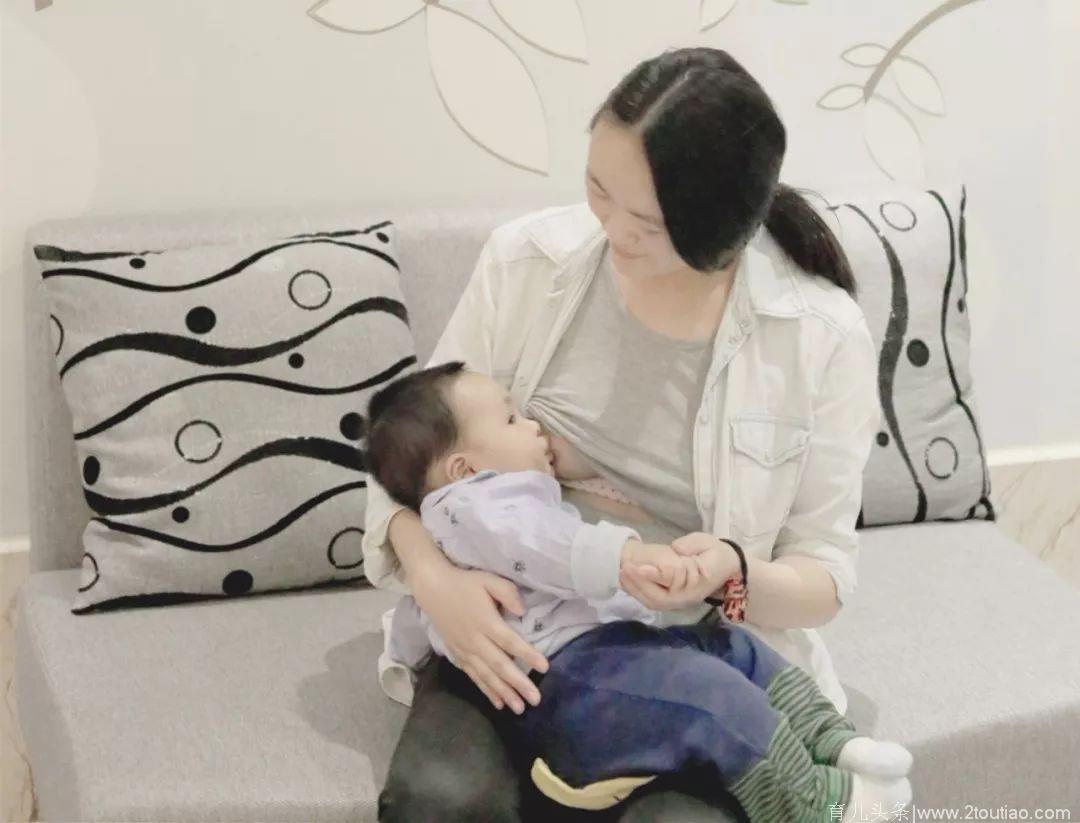
图|国际母乳会中国图片库
After Six Weeks
6周后
It is normal for the bowel movements of a breastfed to decrease in frequency when the colostrum, which has laxative properties, is completely gone from the mother's milk after about six weeks of age. A baby this age may continue to have bowel movements as frequently as five times a day, sometimes even after every nursing. It is also normal for a breastfed baby older than six weeks to have only one bowel movement every few days. Some healthy babies will have only one bowel movement a week. When bowel movements are less frequent, they should be more profuse in volume. As long as the baby is gaining well, wetting sufficiently,and is happy and content there is no cause to be alarmed by infrequent bowel movements, and it is not necessary to give the baby a laxative, fruit juice, or any other "helpers." In fact, attempting to force bowel movements can have harmful consequences to your baby.
宝宝出生6周后,带有通便作用的妈妈的初乳已经完全消失了,这时吃母乳的宝宝大便的次数会下降,这是正常的。这个年龄段的宝宝的大便每天有可能仍有5次,有的甚至在每次喂奶以后都会有。不过,有些母乳喂养的6周以上的宝宝好几天才一次大便也是正常的。有些很健康的宝宝一个星期才有一次大便。当宝宝的大便次数不那么多时,他们每次的量就会多一些。只要宝宝体重增加得不错,有足够量的湿尿布,很开心,很满足,我们就没有必要为他不那么频繁的大便担心,也不需要给宝宝使用通便剂、果汁或其它“辅助物”。事实上,试图强制排便,对宝宝会产生有害的后果。
After the baby is about six weeks old, he may wet only five to six cloth diapers per day, but if so these diapers will be much wetter. As the baby's bladder grows, he can produce and hold more urine at a time. To judge wetness of a diaper for an older baby, pour 8 tablespoons (120 ml) onto a dry diaper. That would be considered a normally wet diaper.
宝宝6周以后,如果每块尿布够湿,每天他大概只会有5~6块布尿布。当宝宝的膀胱变大,他一次就可以产生和储存更多的尿液。这时要判断一个大一点的宝宝的尿布的潮湿程度,就要倒8大匙水(120ml)在一块干尿布上。这样的尿布通常被认为是一块湿尿布。
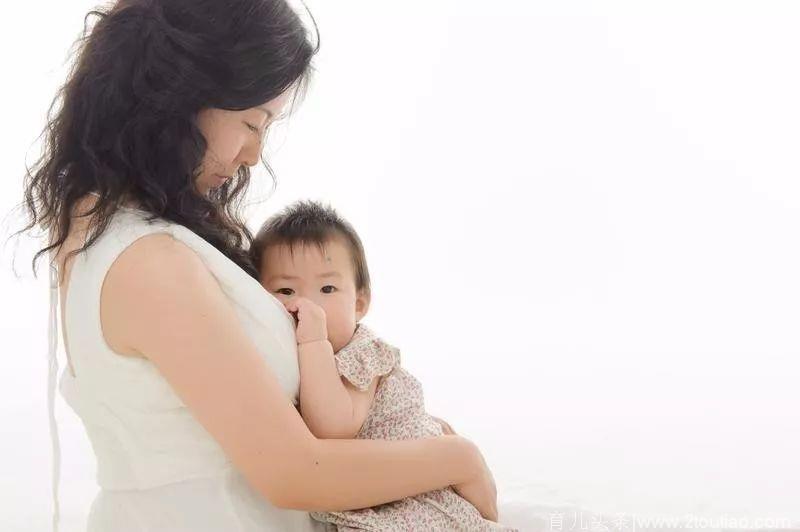
图|国际母乳会中国图片库
After Solid Foods
添加辅食以后
Once solid foods or other liquids are introduced to your breastfed baby, there will be many changes in his elimination patterns. The stools will have a stronger odor and different color and consistency. It is normal to find bits of vegetables in the diaper, as even cooked vegetables are harder to digest than many other foods. Now it is indeed possible for your baby to experience constipation and even diarrhea, which are good clues that he is not tolerating a new food or juice.
一旦母乳喂养的宝宝开始接受辅食或者其他液体,他排出物的形式会有很大的变化。宝宝的大便会有更强的气味,更多种的颜色以及浓稠度。因为即使是煮过的蔬菜也比其他食物更难消化,所以在宝宝的尿布上发现未消化完全的蔬菜也是正常的。这时你的宝宝确实有可能会经历便秘,甚至腹泻,这些都是他对新食物或果汁不耐受的信号。
广告

